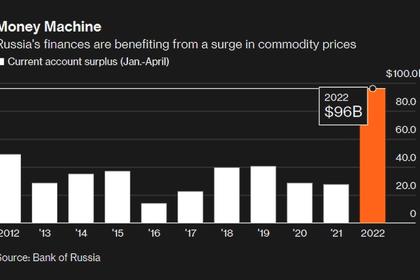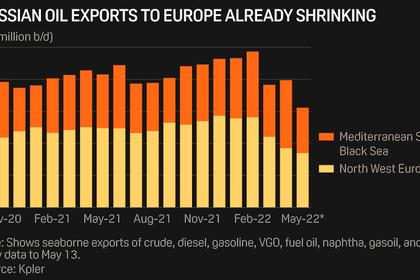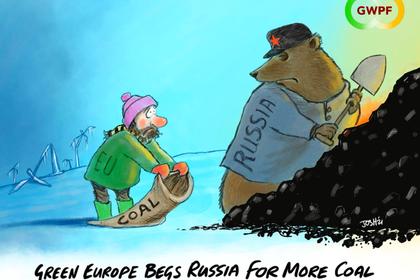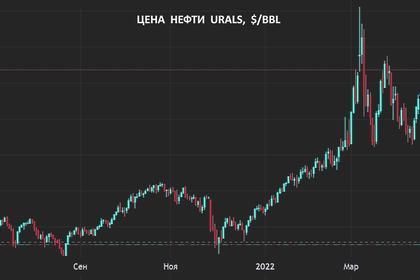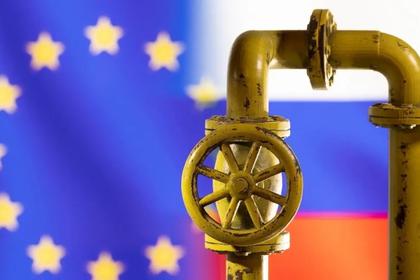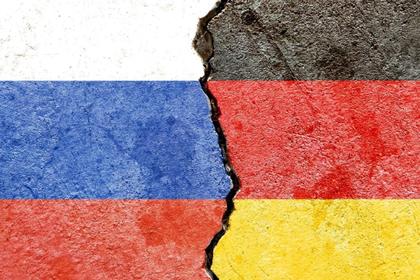
RUSSIA SANCTIONS SPLIT
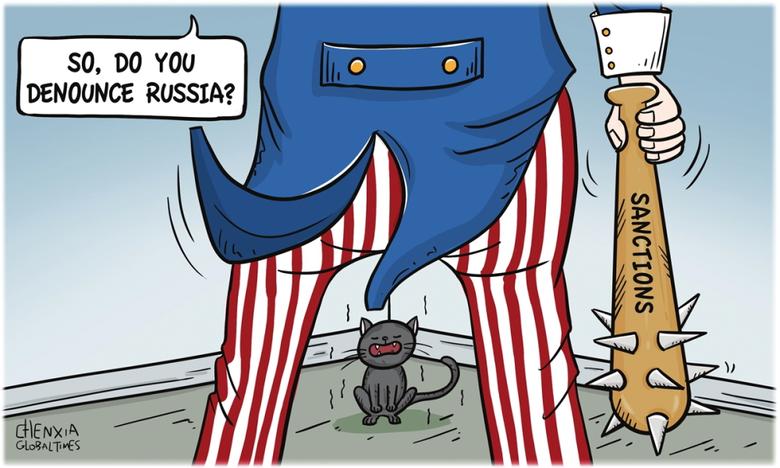
BLOOMBERG - JUNE 1, 2022 - Biden administration officials are divided over how much further the US can push sanctions against Russia without sparking global economic instability and fracturing transatlantic unity.
While President Joe Biden’s team rallied behind behind a sanctions plan it rolled out just after Russia’s invasion of Ukraine, the debate is more heated now that President Vladimir Putin has shrugged off the early economic penalties and is forging ahead with his war, according to officials familiar with the discussions.
The people, who asked not to be identified discussing internal deliberations, said factions have emerged over how hard to push. One group, which includes many officials at the State Department and White House, advocates even stricter measures known as secondary sanctions in response to Russian atrocities, arguing opposition from allies can be overcome.
Another group of officials, many based at Janet Yellen’s Treasury Department, worry about further strains on a global economy already suffering from supply-chain woes, inflation, volatile oil prices and a potential food crisis. Some fret about the looming midterm elections and Democrats’ chances if prices at the pump stay high. They argue for a different, untested approach: a cap on oil prices that would allow countries to buy Russian energy while limiting Moscow’s income.
“We’re now just coming up to the limit of how severely you can impose sanctions against a major economy without it having such bad spillover effects that you are creating a ton of bushfires elsewhere,” said Nicholas Mulder, a Cornell University professor and author of “The Economic Weapon,” a history of sanctions policy.
The challenges have been exacerbated by the departure of Daleep Singh, the deputy national security adviser who was managing the administration’s sanctions rollout, according to one person familiar with the internal dynamics.
Singh had also visited India as part of US efforts to push the government further out of Russia’s orbit. His absence will fan concerns that the US lacks an influential voice to play that role at an even more perilous time.
Officials from the State Department, Treasury Department and National Security Council all declined to comment. But other people familiar with the dynamic characterized it as a healthy internal debate and denied any suggestion that agencies were pitted against each other. One said that it’s Treasury’s normal role to scrutinize decisions that could disrupt economic flows.
The debate mirrors broader tensions in the trans-Atlantic alliance, with agreement harder to find on how much more pain to inflict on Putin. A harbinger of the challenges to come emerged in recent days, when the European Union agreed to pursue a ban on oil imports -- but only after granting carve-outs to Hungary -- and then were unable to decide on what to do next or how aggressively to go after gas imports.
Until now, unity had been a defining characteristic of the US and European response to the war.
“We continue to look at what other sanctions we can impose,” Jose Fernandez, the undersecretary of state for economic growth, energy and the environment, said in an interview. He stressed the importance of Western unity, saying Putin faces a “solid group of countries that are dead set against the invasion.”
“You’ve got countries applying for NATO membership,” Fernandez said. “That kind of unity -- and sanctions are part of that -- is something I don’t think he was expecting.”
One person familiar with the matter said the US focus on unity had been so all-encompassing that the Americans had even asked the UK in recent weeks not to pursue a trade battle with Ireland over Northern Ireland for fear it would give Putin a weak spot to exploit.
Yet with Putin undaunted by the economic chokehold and pressing ahead with his war, there are growing calls within the administration to test that unity by taking action against other countries and companies that help Russia evade sanctions or provide what the US calls “material support” to sanctioned entities.
-----
Earlier:
